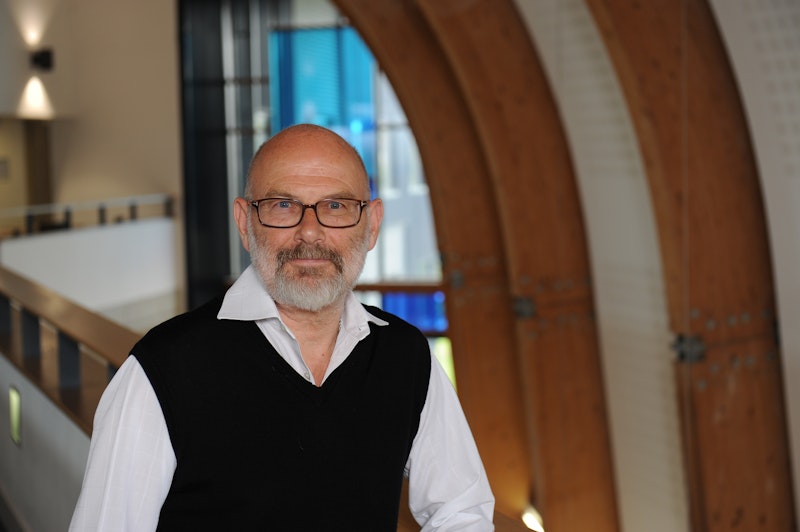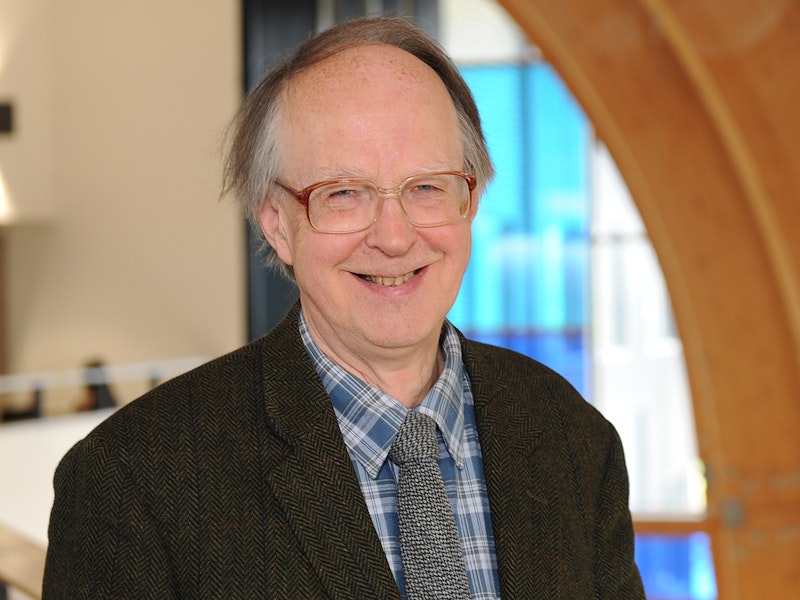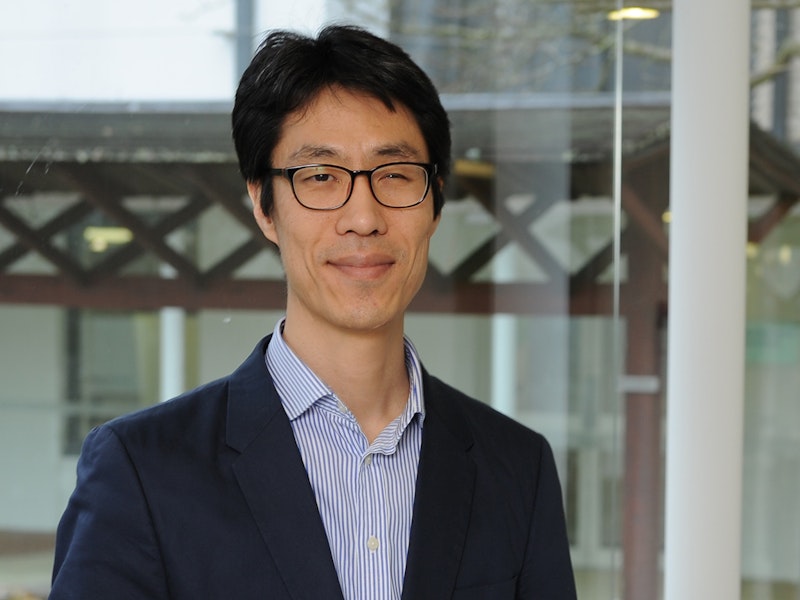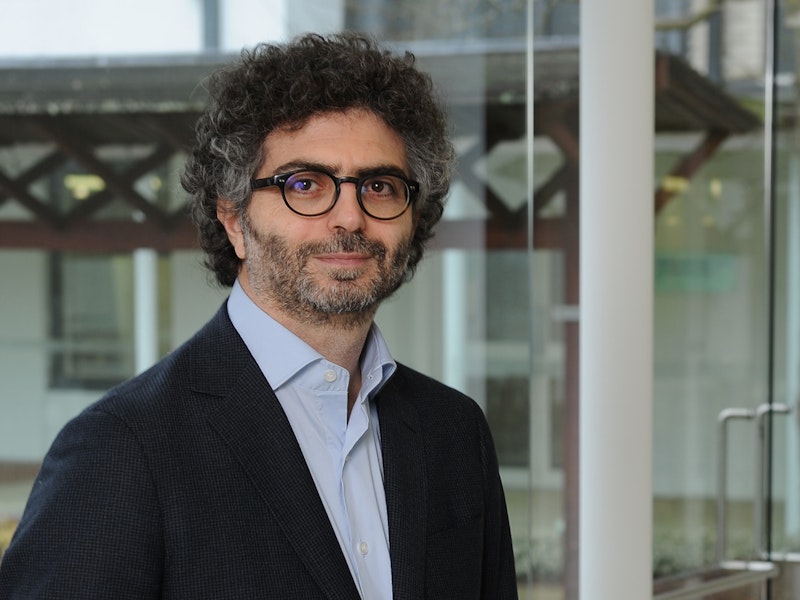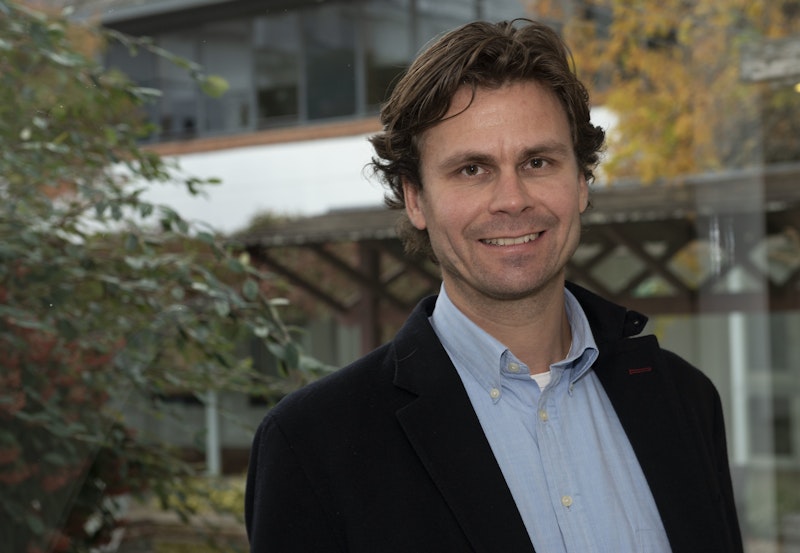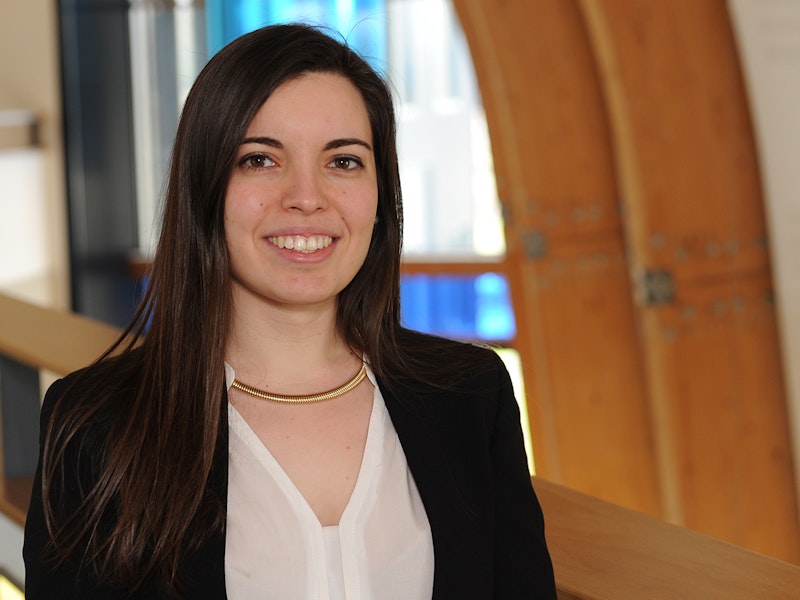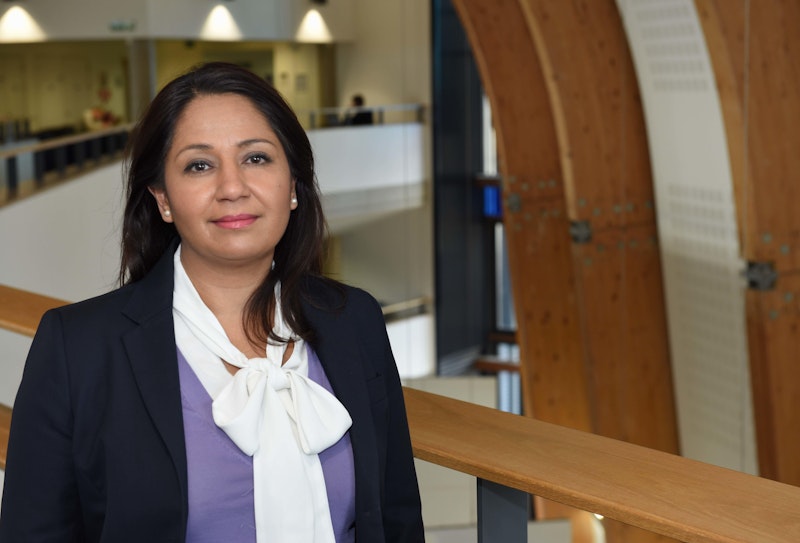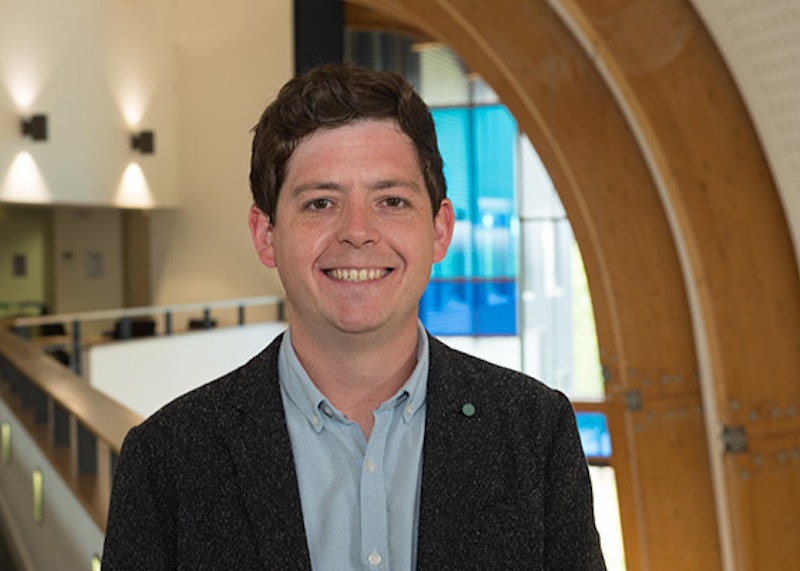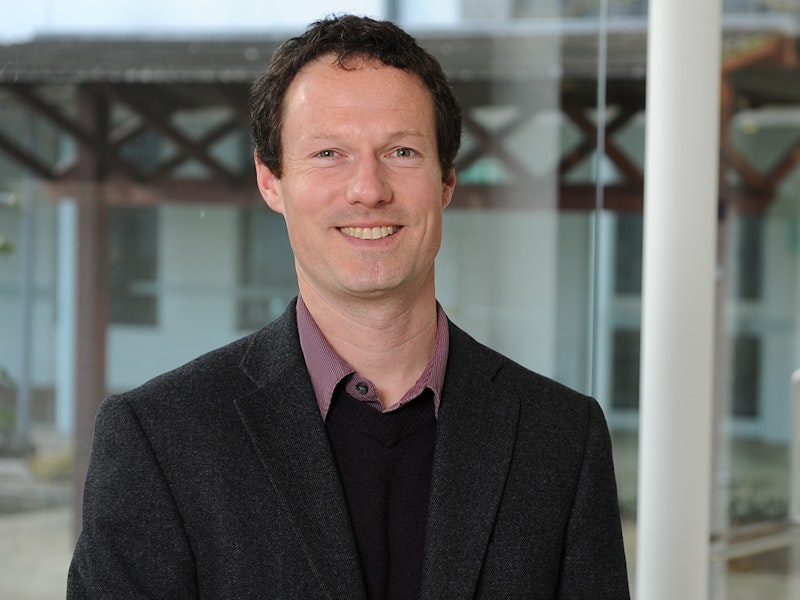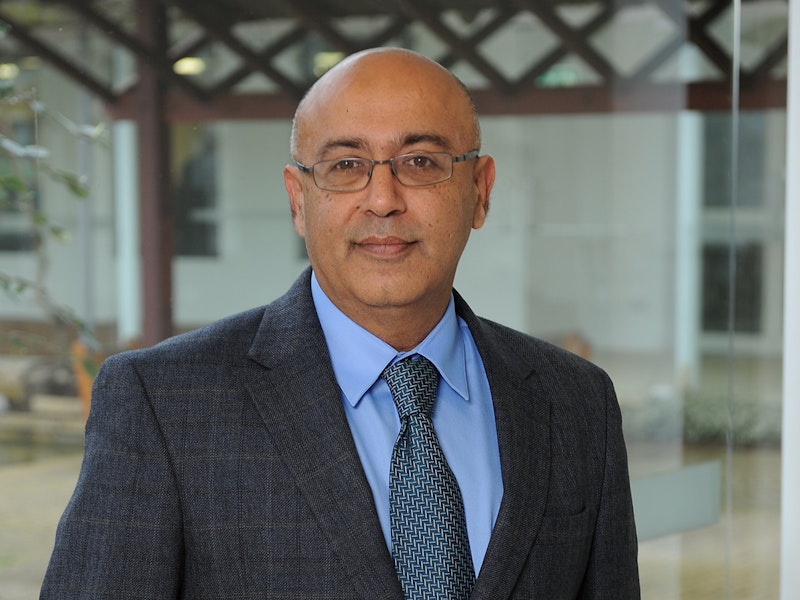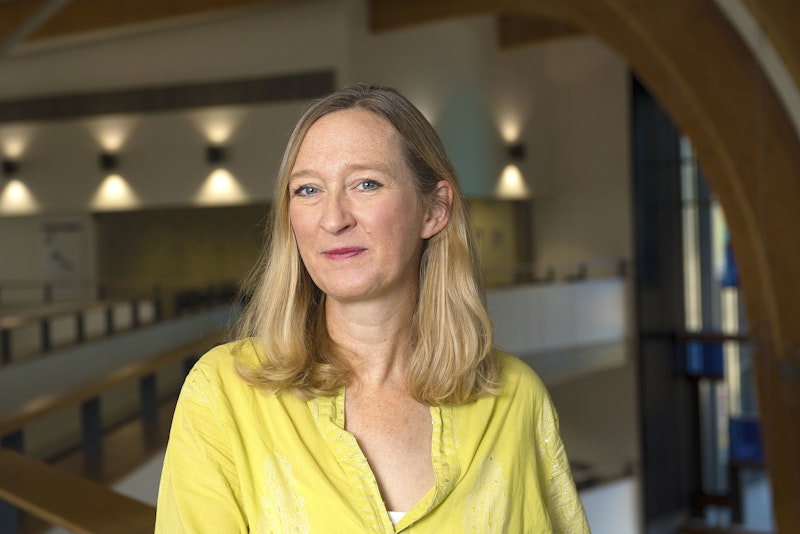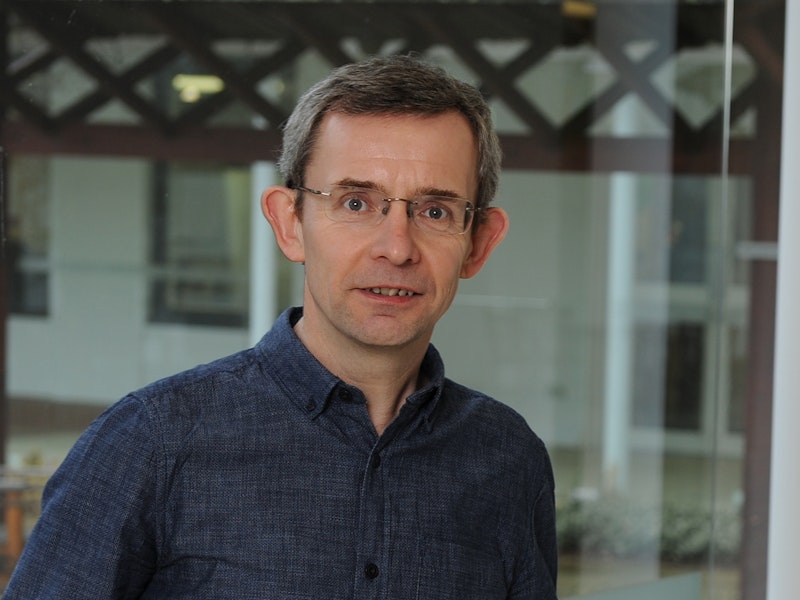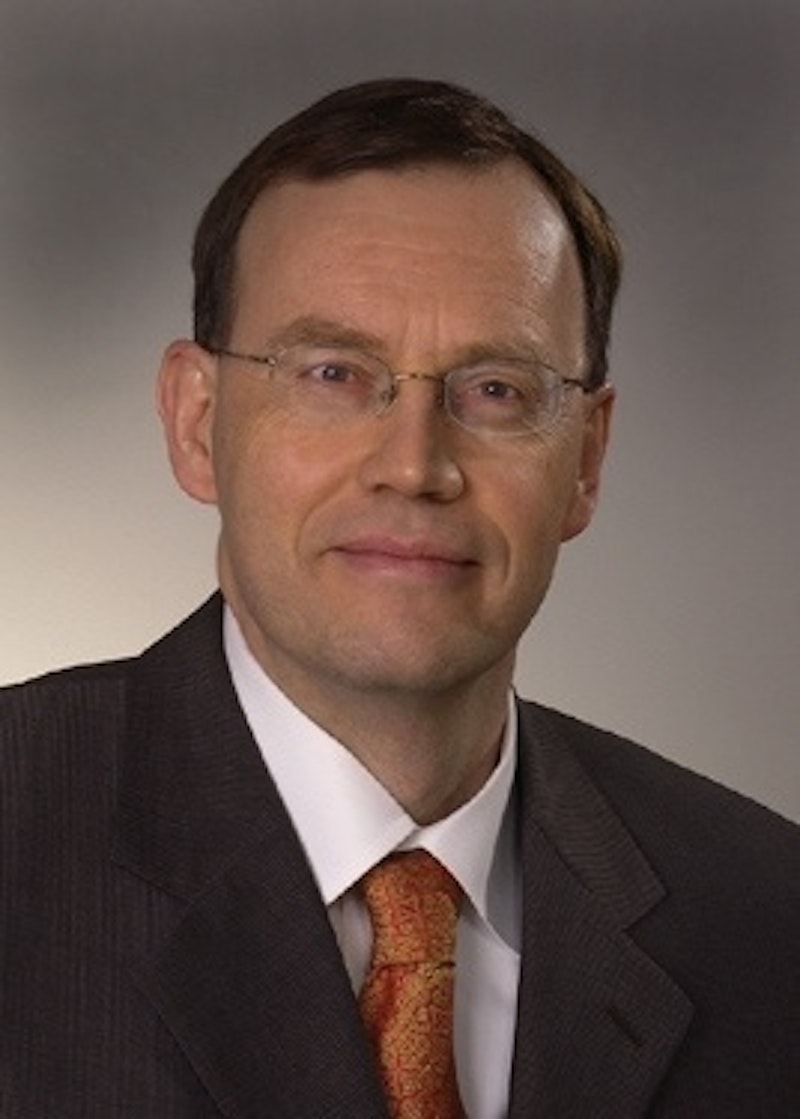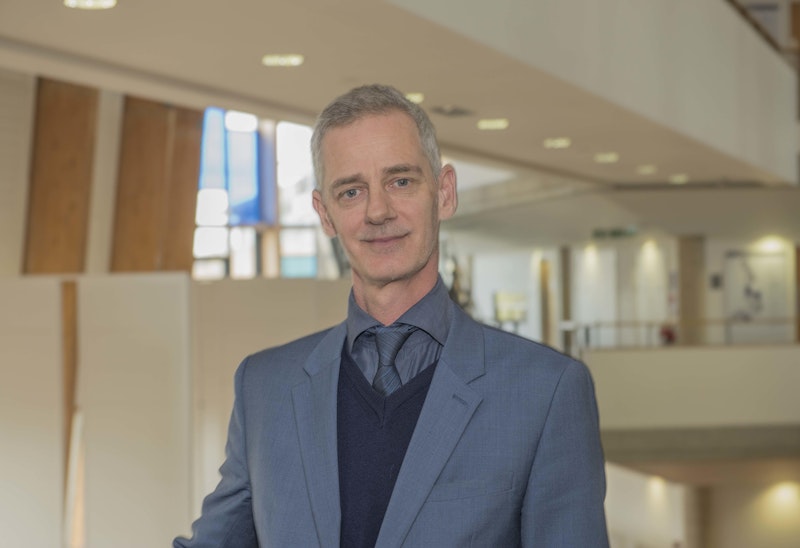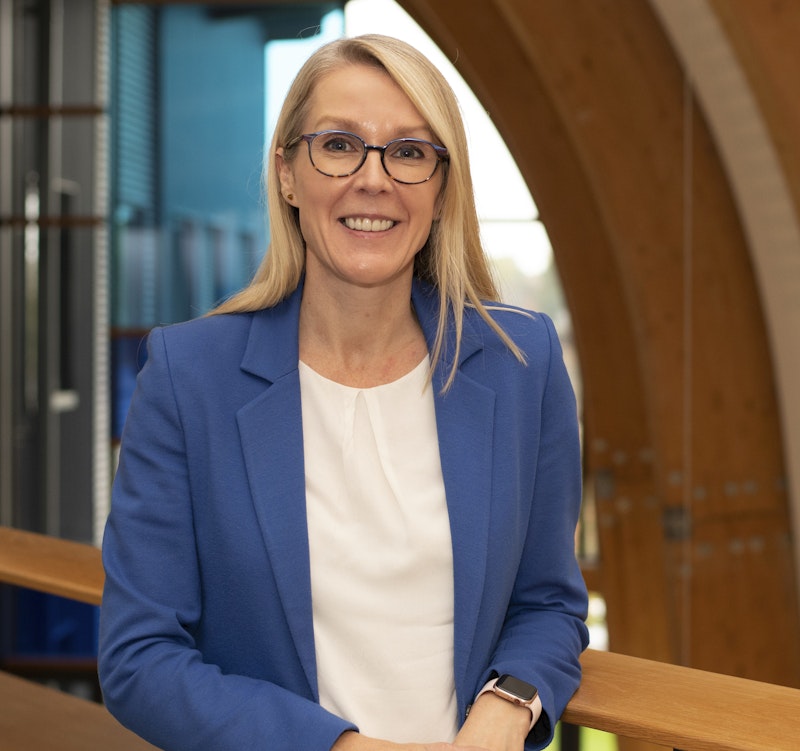

International Business and Strategy PhD Opportunities
This PhD programme will focus on critical developments in international business and organisations’ strategic response to these.
At a glance
- 50 years experience of teaching and research in International Business
- Attend the Henley International Business Masterclasses
- Learn from leading research centres
- Option to gain a double PhD with Politecnico di Milano or Copenhagen Business School
- Join an internationally-renowned faculty
- Subject area(s)
- International Business, Strategy
- Duration
- 3 years
- Attendance
- Full-time
- Programme Director
-
 Dr Peder Greve
Dr Peder Greve
Overview
The PhD in International Business and Strategy at Henley Business School (University of Reading) is designed to develop scholars capable of conducting original and impactful research in the fields of international business, strategy, and international human resource management. The programme covers a wide array of topics, including multinational enterprise strategy , globalisation, international business regulation, foreign direct investment, and the historical evolution of international business practices.
Researchers benefit from the expertise of two premier research centres, the John H. Dunning Centre for International Business and the Centre for International Business History. These centres provide a rich environment for scholarly engagement, offering access to cutting-edge research and opportunities to participate in international conferences that examine the latest developments in the field.
The programme is structured to provide a robust foundation in research methodologies pertinent to International Business and Strategy. In the first year, researchers undertake modules in research methods and other relevant areas. These modules are designed to equip researchers with the necessary skills to conduct high-quality research in their chosen area of concentration. The PhD journey includes a confirmation of registration in the second year, where researchers present and defend a fully developed research proposal. The subsequent time is dedicated to completion of the research and writing of the thesis; culminating in a viva examination. Throughout the programme, researchers benefit from personal development modules and workshops aimed at enhancing their research capabilities and professional skills.
Alongside the PhD in International Business and Strategy, we offer the opportunity to pursue a Double PhD with Politecnico di Milano (Italy) or Copenhagen Business School (Denmark). Researchers enrolled in one of the Double PhD programmes will benefit from joint supervision and spend up to 12 months completing courses and conducting research at the partner university
Throughout their studies, PhD candidates receive dedicated supervision from internationally renowned faculty, benefit from outstanding facilities, and are part of a dynamic research community. The programme's comprehensive approach equips graduates with the critical thinking, intellectual capacity, and creativity necessary for successful academic or professional careers in international business and strategy.
Double PhD opportunities
Alongside the PhD in International Business and Strategy, we offer the opportunity of a Double PhD with Politecnico di Milano (Italy) or Copenhagen Business School (Denmark).
Politecnico di Milano (POLIMI) has a strong commitment to the excellence, distinctiveness and relevance of its teaching and research activities. The Doctoral Program at POLIMI is highly international and PhD graduates are held in high esteem. Not only in academia, but also in public institutions and companies where their research qualifications are increasingly demanded. More information on POLIMI can be found here.
The Double PhD programme between Henley Business School and POLIMI allows you to spend a period of normally twelve months at Politecnico di Milano, when Henley is the home university. You will benefit from joint supervision by one member of faculty from each institution throughout your PhD.
Copenhagen Business School (CBS) was established in 1917. Today, with 20,000 students and 1,500 employees, CBS is one of the largest business schools in Europe. CBS is committed to communicating knowledge and new ideas to tomorrow’s business leaders and society in general. Its main contribution in this field is research and research-based education, and investment in research and high academic standards is therefore crucial to CBS’ contribution to society.
The CBS PhD school aims to create an active national and international high quality research environment as a framework for the development of all PhD students as researchers at CBS. This framework should help CBS PhD students to create new knowledge in their respective field of research and to succeed after graduation either in a professional academic research career or in a professional career outside of academia, for example in private firms or public institutions, where advanced research skills are in high demand. The CBS PhD school is linked with all active academic research environments at CBS.
The Double PhD programme between Henley Business School and CBS allows you to spend a period of six to twelve months at CBS, when Henley is the home university. During this period you will complete course work offered by CBS of minimum 15 ECTS points, including any mandatory courses required by the department at CBS, and you will present your research at one seminar. You will benefit from joint supervision by one member of faculty from each institution throughout your PhD.
More information on CBS can be found here.
Please indicate in your PhD application if you’re interested in applying for either of the Double PhD programmes.
Leading research centres
Henley Business School’s research in International Business and Strategy is driven through centres that are at the forefront of research. This includes the The Dunning Centre and the The Centre for Economic Institutions and Business History.
We welcome applicants seeking to conduct postgraduate research in the following fields:
- Business History
- International Business
- International Human Resource Management
- Strategy
The module descriptions set out on this page are correct for modules being taught in the current academic year. Optional module listings are indicative and may be subject to change.
Year one
During your first year of studies, you will be required to:
- Attend and obtain at least 60 credits from PhD/Masters level courses in Research Methods and other relevant courses plus a no-credit bearing course (see below)
- Attend some short courses (2-3 hours each) required for the Reading Researcher Development Programme at the Doctoral and Researcher College (overseeing PhD studies within the University of Reading)
- Attend the Preparing to Teach training programme (which is necessary to be able to complete any teaching-related activities within Henley Business School)
- Participate in weekly research seminars organised by your Department and others relevant to your area of interest
- Hold regular meetings with your supervisor(s).
Required Taught Component
We have different paths of taught components for students primarily using quantitative vs. qualitative research methods.
Confirmation of Registration
In the second year, 12-15 months after the start of your PhD, you will submit a substantive literature review and research outline, to be defended in front of a faculty committee. This process if successful, will grant you the status of a PhD candidate.
The research proposal will be based on material you have produced during the first year of the PhD. If you plan to do a PhD thesis combining three papers, you are expected to include a draft of the first paper in your research proposal. Alternatively, if you intend to write your thesis as a monograph, the document should include the draft of at least one of the three/four key chapters.
Year two and three
During your second and third year you will:
- Continue to work on your PhD thesis drafting the other papers / key chapters
- Hold regular meetings with your supervisor(s)
- Attend short courses (two-three hours each) required for the Reading Researcher Development Programme at the Doctoral and Researcher College
- Participate in weekly research seminars organised by your Department and others relevant to your area of interest
- Contribute to Business School and Departmental teaching/research activities and events;
- Present posters/papers at national/international conferences
Your thesis should be completed before your viva examination (four years is the maximum registration period according to the University rules).
Modules or course content marked as optional are indicative and may be subject to change. Please note, constraints in timetable scheduling may mean you are unable to take some optional modules at the same time as others.
The application process normally consists of three main steps:
Before applying formally, you may want to contact a potential supervisor who is working in your area. They could be interested in your topic. Please avoid contacting multiple faculty members simultaneously. We do talk to each other and this is not seen as a professional practice. You can contact a faculty member before your formal application, if you wish to.
2. Shortlisting based on the documents you uploaded in your application
3. Formal interview to assess your suitability to pursue a PhD at Henley Business School
The deadline to be considered for a scholarship varies between departments.
The key requirements for a successful application are:
- Top grades in your Masters degree (minimum requirement is Merit or equivalent, but we prefer Distinction)
- Top grade in your Masters Dissertation (or equivalent research-based piece of work) because this may show your research attitude and skills
- A well-developed research proposal. Guidance on writing the research proposal can be found here
A reasonable intended timeline reflecting issues you may encounter in the study as presented above. For example, if you have to collect primary data. The time spent on data collection will be much longer than if you intend to use secondary data sources.
For fees, please visit the Doctoral and Researcher College website.
Overseas applicants should refer to the non-laboratory based fees listed in the tables (International Band 1 for non UK/Home students).
Further PhD funding
- The University of Reading takes part in the SEDarc Doctoral Training Partnership studentships. If you’re interested in applying, please follow the link for further details.
- The Felix Scholarship competition is open to candidates applying for either taught Masters or Postgraduate Research Degrees who are either Indian nationals, or from developing countries, and who fulfil the required criteria. For more information and how to apply please follow the link.
- Regional PhD Bursaries are available for PhD applicants normally living within 25 miles of the University. The scheme is not open to students who have already started their study at the University of Reading. For further information, please go to Doctoral and Researcher College website.
- Former UoR Graduate: If you have already studied at the University of Reading you will get up to £1,000 off fees through the alumni fee discount.
- Other: For information on further opportunities, please see the PhD Studentships section on the Doctoral and Researcher College website.
The application process normally consists of three main steps:
1. Formal application
Before applying formally you may want to contact a potential supervisor who is working in your area and could be interested in your topic. We advise against contacting multiple faculty members simultaneously as it is not seen as a professional practice.
2. Shortlisting based on the documents you uploaded in your application.
3. Formal interview to assess your suitability to pursue a PhD at Henley Business School.
The key requirements for a successful application are:
- Top grades in your Masters degree (minimum requirement is a Merit or equivalent, but we prefer a Distinction)
- Top grade in your Masters dissertation (or equivalent research-based piece of work) as this may show your research attitude and skills
- A well-developed research proposal. Guidance on writing the research proposal can be found here.
English requirements: Applicants whose first language is not English are expected to have obtained an overall score of 7.0 in IELTS (with no element below 6.0). For all other equivalent score requirements in our accepted English Language tests, please visit the admissions website.
Scholarships and Application deadline
Applications to our PhD programme are considered on a rolling basis throughout the year. Note that at our department we have one PhD intake per year, starting in September. If you are applying for one of our fully funded PhD studentships, the application deadline is Monday 9th March 2026 for the September 2026 intake. For other funding opportunities, please visit the Doctoral and Researcher College website.
Henley Careers and Professional Development
We have an award-winning careers team to support you through your time at Henley and after graduating.
Henley Careers and Professional Development run numerous events throughout the year. We offer one-to-one career coaching appointments where you can talk to a Careers Consultant about your professional development. This may include planning your ideal career journey or building confidence in a particular area. It could also involve practicing for interviews or having your CV checked.
For more information please see our Careers page.
Continuing your career
A PhD in the area of International Business and Strategy from Henley can open doors to a highly successful career.
What our students have gone on to do
- Steve Altman, Adjunct Assistant Professor, New York University, USA
- Irakli Barbakadze, CBR Research Fellow, University of Cambridge, UK
- Akram Beniamin, Postdoctoral Researcher, University of Oxford, UK
- Tom Buckley, Senior Lecturer in International Business, University of Sussex, UK
- Uros Delevic, Senior Lecturer, London South Bank University, UK
- Eko Budi Harjo, Faculty Member, Telkom Corporate University, Indonesia
- Pattana Boonchoo, Assistant Professor of Marketing, Thammasat University, Thailand
- Maggie Cooper, Associate Professor in Accounting and Financial Management, Henley Business School, UK
- Andrew Hull, Lecturer in International Business and Management, Henley Business School, UK
- Jill Juergensen, Lecturer in International Business and Strategy, University of Surrey, UK
- Kaz Kirollos, Associate Professor in International Business and Strategy, Henley Business School, UK
- Chipoong Kim, Senior Researcher,Samsung Economic Research Institute, Korea
- Sylvia Kim, Associate Professor of Accounting, Fresno Pacific University, USA
- Fabio Lamperti, Assistant Professor of Economic Policy, Universita Catolica del Sacro Cuore, Italy
- Jiin Lee, Researcher, Samsung Economic Research Institute, Korea
- Jongmin Lee, Assistant Professor in International Business, Yonsei University, Korea
- Joonghak Lee, Assistant Professor of Management, Gachon University, Korea
- Chengcheng Miao, Lecturer in International Human Resource Management, Henley Business School, UK
- Quyen Nguyen, Associate Professor of International Business and Strategy, Henley Business School, UK
- Karina Pavlisa, Lecturer in International Business Management, University of Bristol, UK
- Andre Pineli, Researcher, IPEA, Brazil
- Mads Wedell-Wedellsborg, Lecturer in International Business and Strategy, Henley Business School, UK
- Ziyi Wei, Assistant Professor in Strategy, University of Nottingham, UK
Research Proposal
A key element of the application is a research proposal. Guidance on writing the research proposal can be found here. It is important that the applicant spends some time exploring the research that we are involved in to see if it fits alongside their own. Below are the main research areas of our staff.
Research Interest and faculty: International Business and Strategy
International Business:
- Theories of MNE; Economic analysis of supply chains: Professor Mark Casson
- Firms’ internationalisation choices, innovation, and economic performances; MNEs location decisions; MNEs and the cities: Professor Davide Castellani
- Strategic leadership of the multinational enterprise. Micro-level antecedents of international business strategy. Executive careers, turnover and pay: Dr Peder Greve
- Foreign direct investment, local labour markets and educational choices; Global Value Chains and human capital development; Emerging market MNEs’ internationalisation strategies: Jose Eduardo Ibarra Olivo
- The role of MNEs in development, innovation and industrial policy; R&D alliances; Outsourcing: Professor Rajneesh Narula
- Multinational subsidiary strategy and performance: Dr Quyen Nguyen
- Internalization theory and its applications to a wide variety of international business phenomena, such as the internationalization of family firms, the creation of subsidiary specific advantage, the impact of regional integration on entry mode choices, the growth of emerging economy multinational enterprises, the rise of international new ventures: Professor Alain Verbeke
- Value co-creation with suppliers; Business unit strategy using a capabilities-based perspective: Professor Marc Day
Research Interest and faculty: International Human Resource Management
- International and comparative human resource management; new technology and work; international mobility: Professor Chris Brewster
- International HRM strategy of MNE’s; transferring HRM practice across countries in MNEs; knowledge creation and sharing in MNEs: International experiences and subsidiary staffing: Dr Chul Chung
- Alternative work arrangements; Flexible working practices; International human resource management and links with attitudes, behaviour and performance: Dr Rita Fontinha
- International Human Resource Management, Expatriation, Migration, Social Status, Diversity & Inclusion: Washika Haak-Saheem
Research Interest and faculty: Business History
- Innovation strategies in Britain, the United States and Europe; Knowledge creation within and outside the firm; The development and evolution of industrial clusters and districts; The impact of social and business networks on innovation and performance; The British Industrial Revolution: Dr Joe Lane
- History of the banking system; Regulation of 19th century British joint-stock banks and the creation of an identity around these new entrants to the market; Creation of identity for 20th century UK retail banks; Governance and shareholder rights of 19th century corporations: Dr Lucy Newton
- Professor Peter Scott has developed two specific PhD studentship projects that draw on the resources and research areas of the Centre for Economics Institutions and Business History:
- British economic elites in early and mid-twentieth century Britain
- Strategies for surviving in a hostile climate: major retailers and the decline of the British high street, 1970 – present
Students potentially interested in these projects can contact him for further information at: p.m.scott@reading.ac.uk. - British and American retail managerial revolution; Spatial competition in product markets and between firms in automobile markets; Academic performance and pay; Varieties of capitalism: Professor James Walker
The Henley International Business Masterclasses are an initiative developed in the International Business and Strategy unit at Henley Business School. We provide these intensive courses on current debates and conceptual issues in International Business to give broader learning opportunities to PhD students and post-doctoral researchers. Each masterclass offers the opportunity to engage in key International Business topics taught by notable intellectual figures in the field.
The masterclasses are delivered in two sets each academic year, in the Autumn and Spring session.
Masterclasses Modules:
Autumn Term:
- MMD005 - Theory of the MNE: Foundations of Global Corporate Success by Prof. Alain Verbeke
- MMD003 - Economics of International Business by Prof. Mark Casson
Spring Term:
- MMD007 - International Business, Innovation and Economic Geography by Prof. Davide Castellani
- MMD006 - International Business, Development and Policy by Prof. Rajneesh Narula
- MMD004 - International Human Resources Management by Prof. Chris Brewster
For more information about upcoming masterclasses and application process is available here.
“The International Business Masterclasses provide an incredible platform to Ph.D. students from all over the world to understand the finest nuances of key theories of International Business and how the contemporary issues are making it imperative to revisit these theories thereby providing an opportunity to push the boundaries of IB as a field of study. Attending both the modules, Strategy and International Business taught by Prof. Alain Verbeke, and the Economics of International Business by Prof. Mark Casson and Prof. Gabriel Benito has immensely added to my knowledge of the subject and helped me develop a more holistic perspective on my ongoing Ph.D. research work. The classes are very well-structured and designed in a manner to allow free flow of discussion among the participants and with the professors. All the professors were very committed to understand and resolve the queries raised by the participants. The module on strategy and international business included students’ presentations of their current research and provided an excellent opportunity to take critical feedback from professors as well as the peers. Besides the academic content, masterclasses are a wonderful forum of meeting and developing network with fellow researches across the globe. I am extremely grateful to the organizers at the Henley Business School, University of Reading for giving us this opportunity and especially to Jana Oslejova for her exceptional assistance, support, and hospitality. She has been excellent in her job and pivotal in the running of the Masterclasses. Finally, my heartfelt thanks to the organizers for selecting me for the Alan Rugman Scholarship and Mrs. Helen Rugman to fund the same. It was an absolute honor to meet the very gentle lady, Mrs. Helen Rugman, and receive the award and attendance certificate directly from her. The masterclasses are the powerhouse of invaluable learning and meeting people with similar intellectual pursuits, because of which I strongly recommend them to every aspiring International Business Scholar and/or researcher.”Rishika Nayyar, Indian Institute of Foreign Trade, PhD Candidate, November 2018
Contact us
If you have any questions, please contact Jana Oslejova
Email: phd.ibs@henley.ac.ukTelephone: +44 (0) 118 378 7667

“My experience at Henley provided a solid foundation for my achievements. The university offered professional courses and training, nurturing my research thinking and professional skills. The guidance from professors and exposure to cutting-edge knowledge enhanced my academic development.”
